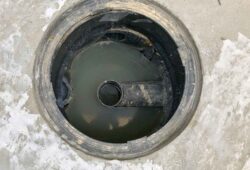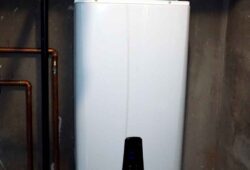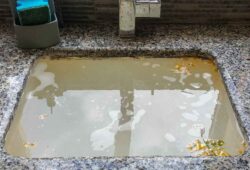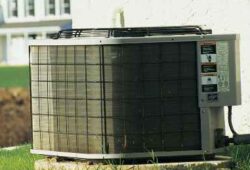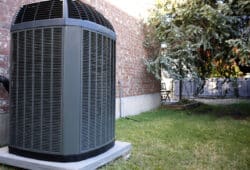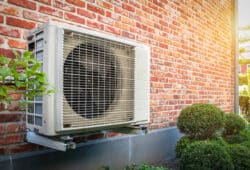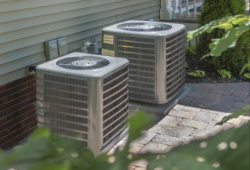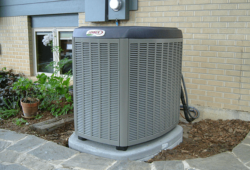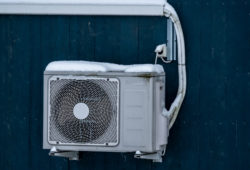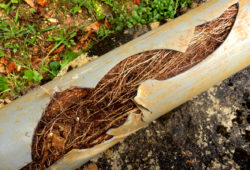When it comes to waste management in residential homes, two main systems are prevalent: sewer lines and septic systems. Each has its unique way of handling waste and understanding the differences is crucial, especially if you’re a homeowner in the Greenville area, where septic systems are more prevalent.
Sewer Lines
Sewer lines are part of a larger municipal system that transports waste away from your home to a centralized treatment facility. Homeowners don’t have to worry about the individual maintenance of the system because the local government or utility company maintains it. However, they do have to pay a monthly or quarterly fee for using the public sewer system.
Septic Systems
On the other hand, a septic system is an on-site sewage treatment structure typically used in areas without centralized sewer systems, such as the Greenville area. It consists of a septic tank and a drain field. Waste flows into the septic tank, where it separates into solids and liquids. The soil in the drain field further treats the liquid effluent after the solids break down. Septic systems are entirely the homeowner’s responsibility, from installation to maintenance and repairs.
4 Primary Differences Between Sewer Lines and Septic Systems
As homeowners consider the best ways to manage their waste, understanding the primary differences between sewer lines and septic systems is crucial. These systems are fundamentally different in terms of ownership, cost implications, preferred locations, and environmental impact. In the Greenville area, the choice often leans towards septic systems due to specific regional factors. Let’s explore these differences in detail to appreciate why one might be more suitable for your home than the other, and why septic systems hold prominence in areas like Greenville.
- Ownership and maintenance: Sewer lines are community-owned and maintained, whereas septic systems are privately owned and the homeowner’s responsibility.
- Cost: Sewer lines typically involve a regular service fee, while septic systems require more infrequent but potentially costly maintenance and repairs.
- Location: Sewer lines are common in urban areas, while septic systems are found in rural or less densely populated areas, like Greenville.
- Environmental impact: Septic systems can be more eco-friendly, as they don’t transport waste long distances and treat it on-site using natural processes.
In the Greenville area, septic systems are far more popular due to the geographic and infrastructural setup. They are preferred for their independence from municipal systems, potentially lower long-term costs, and suitability for the local environment.
Why Choose Preferred in Greenville?
By focusing on septic systems, Preferred aims to provide specialized, efficient, and environmentally friendly waste management solutions to homeowners in the Greenville area. Whether it’s regular maintenance or emergency repairs, Preferred is dedicated to ensuring the longevity and reliability of your septic system.





















